
Natalie Fox
Beaches are where the sea meets the land and are an exceptional habitat for indicating what is going on in our oceans. Unfortunately, if you are to visit any beach these days, you will find evidence that our oceans are in crisis. The sand may look pristine, but a closer look will reveal micro plastics in the tide line and tiny pieces of rope aka. ghost fishing gear.
Pick up litter every time you visit the beach
To tackle this problem, we can all become stakeholders in the well-being of our beaches; this means embarking on a beach clean up whenever we visit them – not just enjoying the natural beauty or properties, but actively caring for them. For a beach clean up all you need is some protective gloves and a container to collect your litter.
It could even be a part of your daily dog walk or an organised day with friends, family, or work colleagues. And, it doesn’t have to be a beach. What about cleaning your local river, lake, or pond?
Be sure to download the Tidal Revival app too, and reward yourself with a free coffee for picking up plastic litter.
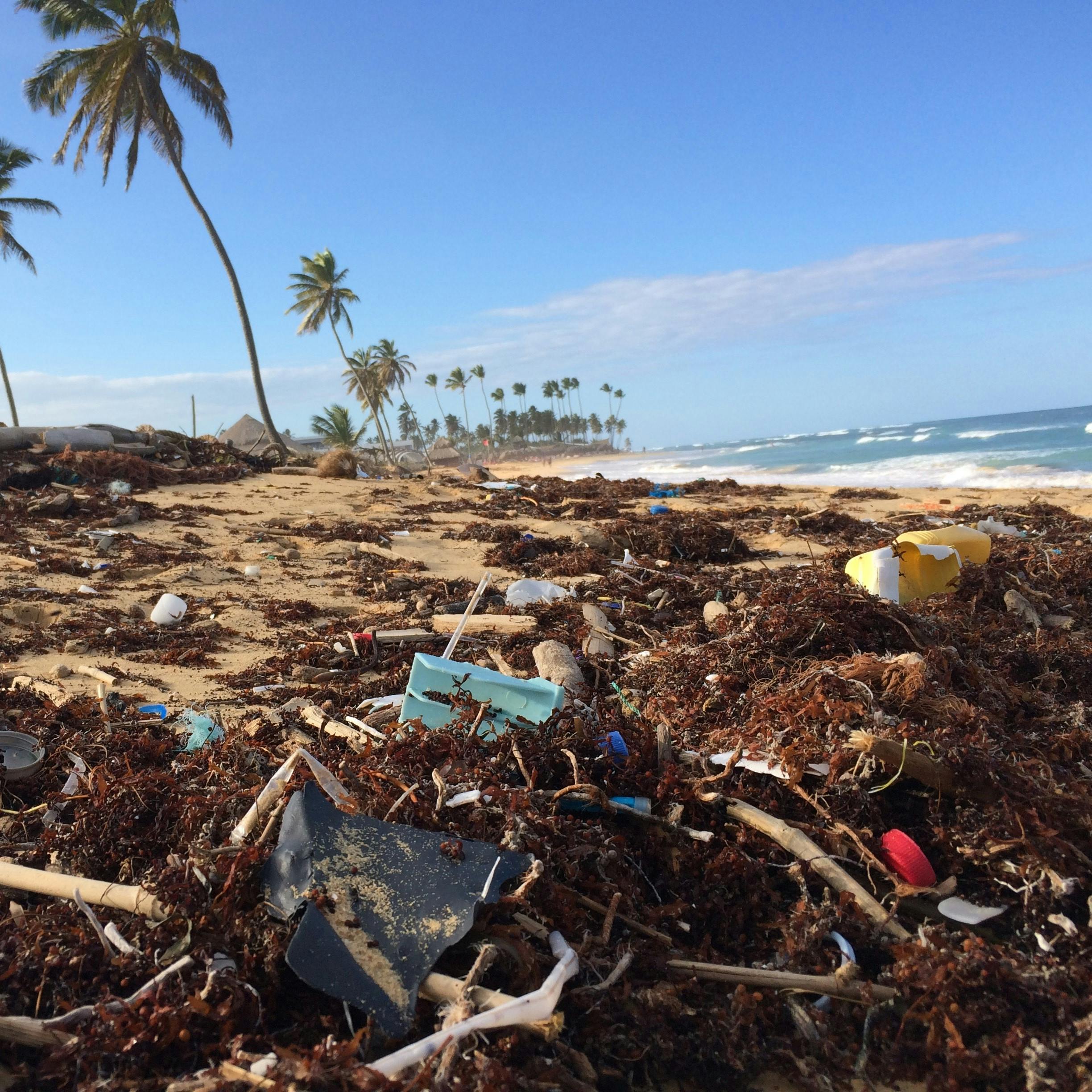
Record what you find on your beach clean up
Next step after cleaning what you can from the beach, is observing what you have found. This data may seem insignificant, but it is vital information in being able to delve into the root of this problem. As a stakeholder of beach habitats, it will become obvious that everything we consume and throw away can potentially end up in the sea. Organic matter is not a problem as it is biodegradable – and quickly broken down, but materials like plastic, aluminium, nylon, and glass take much longer to degrade.
Top 10 marine litter items found by 14,527 Marine Conservation Society beach clean volunteers:
1. Plastic/polystyrene pieces (0-50cm)
2. Glass
3. Cigarette stubs
4. Packets (crisp, sweet, lolly, sandwich)
5. String/cord (thickness 0-1cm)
6. Caps & lids
7. Cotton bud sticks
8. Fishing net (small)
9. Fishing line
10. Plastic/polystyreme (other)
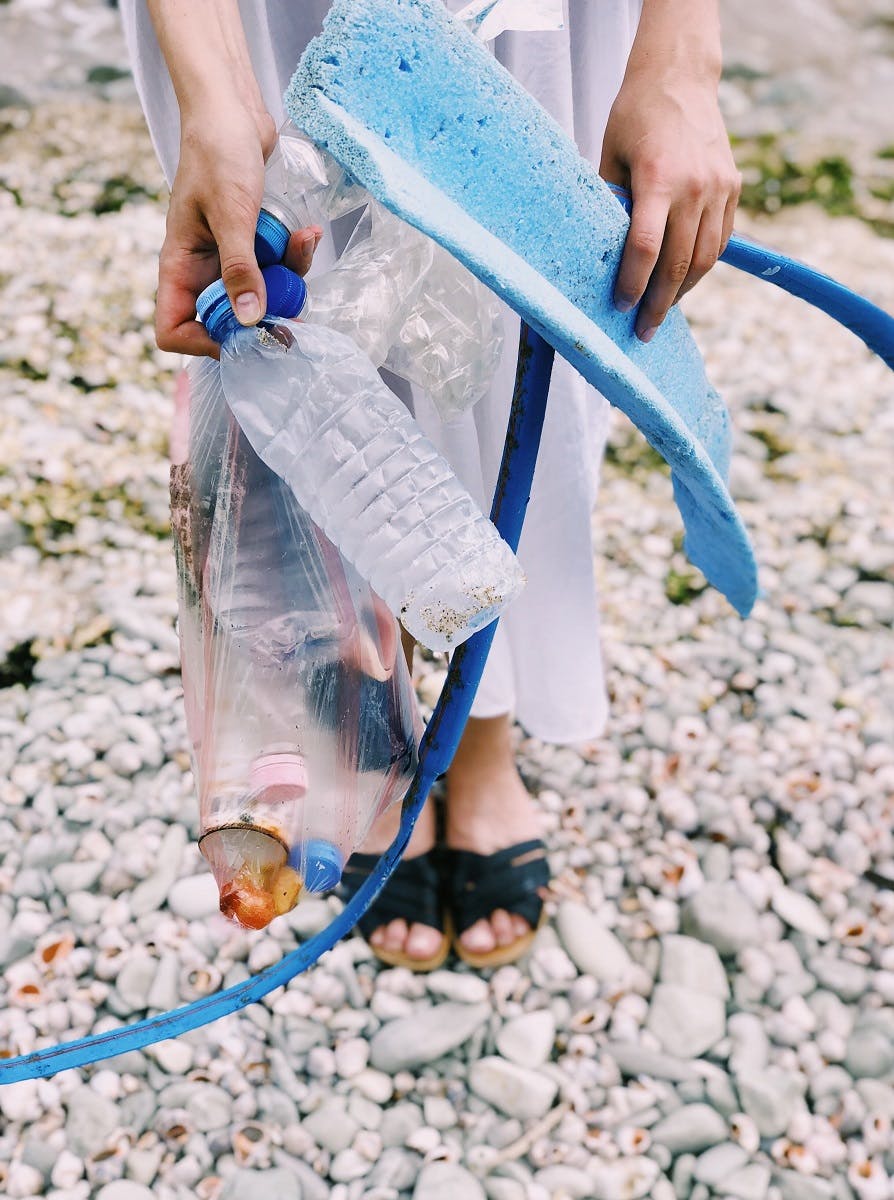
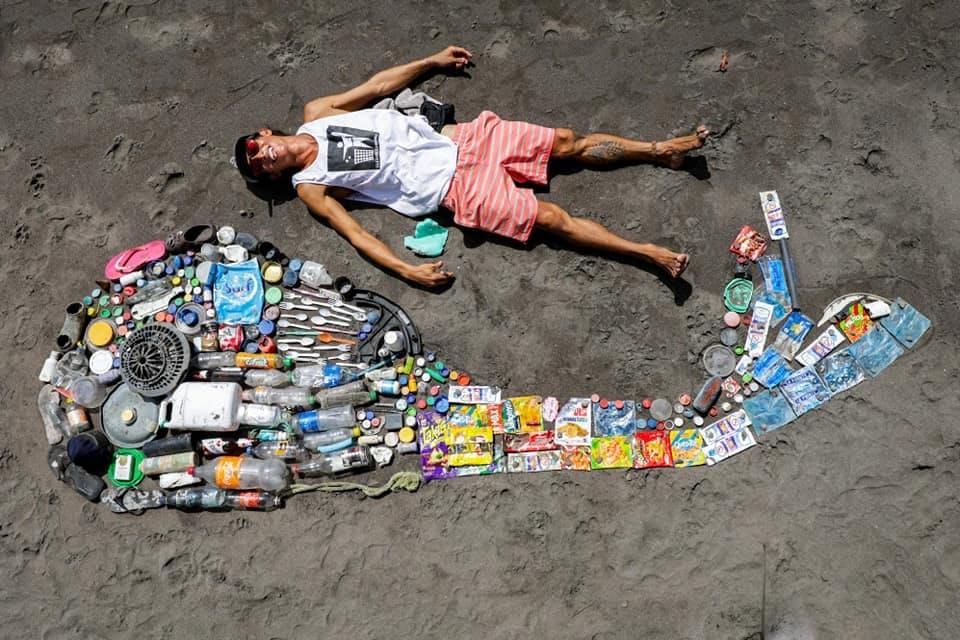

Take action now
Do you want to have a direct impact on climate change? Sir David Attenborough said the best thing we can do is to rewild the planet. So we run reforestation and rewilding programs across the globe to restore wild ecosystems and capture carbon.
Get involved“Plastic is NOT fantastic” – Reduce the use
Convenience is king in the consumer world, but a plague of disposed, single use plastic has been found globally and our “throw away” lifestyle is in jeopardy due to the fact that “there is no away“.
Luckily mindsets and behaviour are beginning to shift, due to “Blue Planet 2” raising the profile of marine litter and alternatives to plastic becoming readily available. Policy is even beginning to change, with the UK government announcing a ban on plastic straw, stirrers and ear buds from April 2020.
What single use plastic do you use? Is it possible to swap it with biodegradable – ie. something that will compost down, rather than remaining on this planet for 400 years. Have you thought about going zero waste or living plastic free?
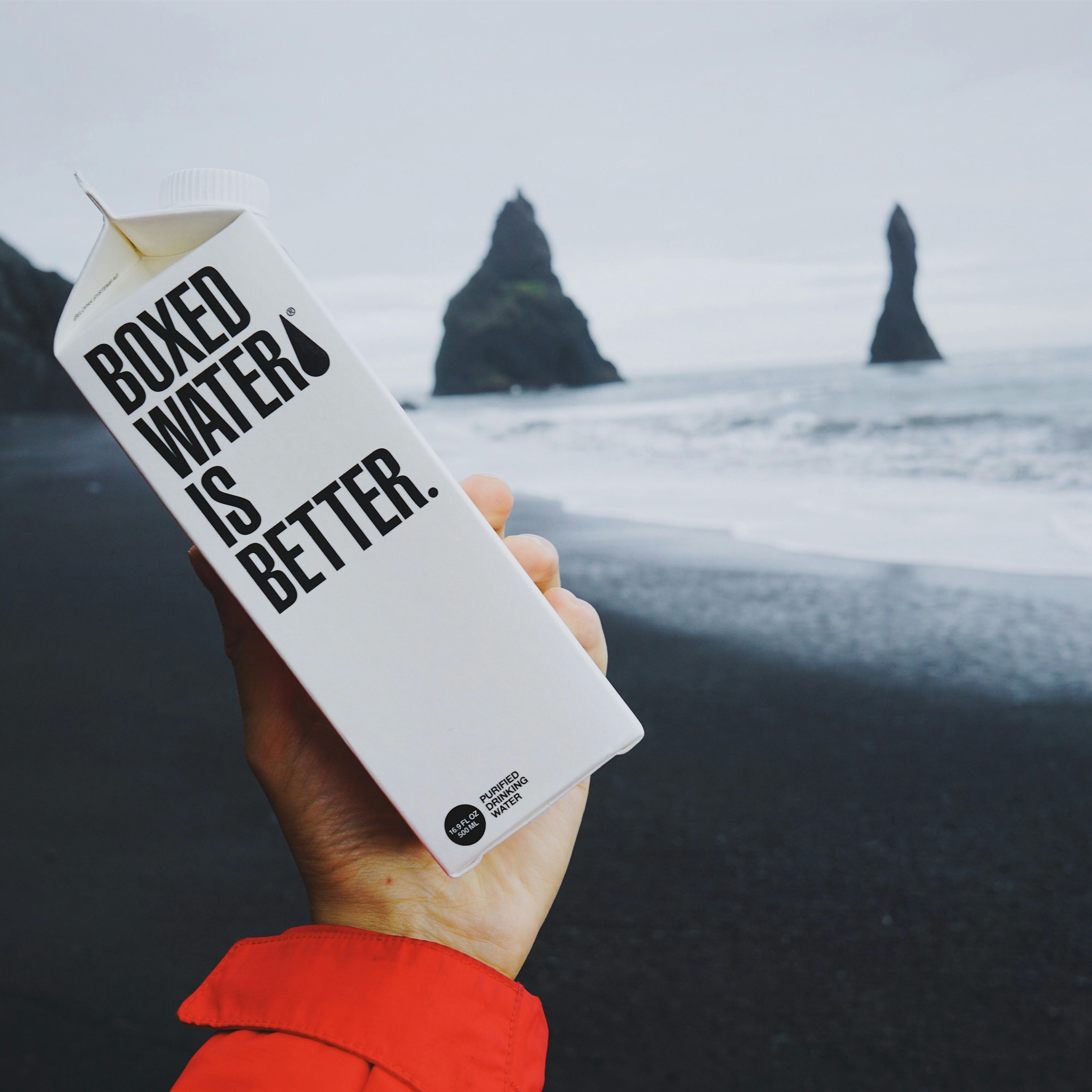
Reduce plastic pollution at source
There is not just one type of plastic, which is why recycling is not always reliable. According to the “waste hierarchy” prevention is above reusing and recycling; with disposal at the very bottom of this framework. The Ellen Macarthur Foundation has been pioneering the “circular economy” as a means to:
“Eliminate all problematic and unnecessary plastic items. Innovate to ensure that the plastics we do need are reusable, recyclable, or compostable. Circulate all the plastic items we use to keep them in the economy and out of the environment.”
This involves changing our whole waste system, to reduce plastic pollution at source. More than 350 brands have signed the New Plastics Economy Global Commitment with high targets to reach before 2025; this includes companies representing 20% of all plastic packaging produced globally, such as Coca Cola, Unilever and Tetrapak.
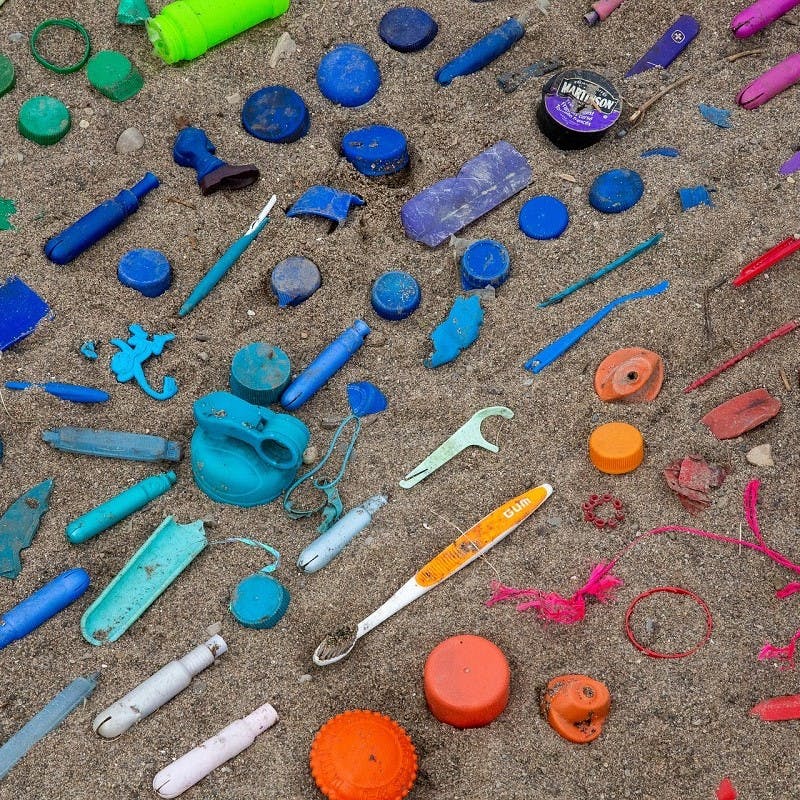
Join a campaign to spread the word
There are plenty of campaigns to suit individuals and connect you with a community of beach cleaners. As this global issue has spread, so too have the initiatives that are fighting it.
There are sports and fitness based campaigns such as Runners against Rubbish, Trash Free Trails and Paddle Against Plastic. There are larger organisations such as The Plastic Pollution Coalition or science based educational charities like 5 Gyres and The Marine Diaries calling on volunteers and supporters. Why not attend a national beach clean with the Marine Conservation Society or Surfers Against Sewage Big Spring or Autumn beach clean; joining forces with thousands of concerned others, so you know you’re not alone in taking action.
Tackling these problems – when there is no single solution – can be draining of our energy so finding a tribe of like minded individuals for support and motivation is inspiring and fruitful.
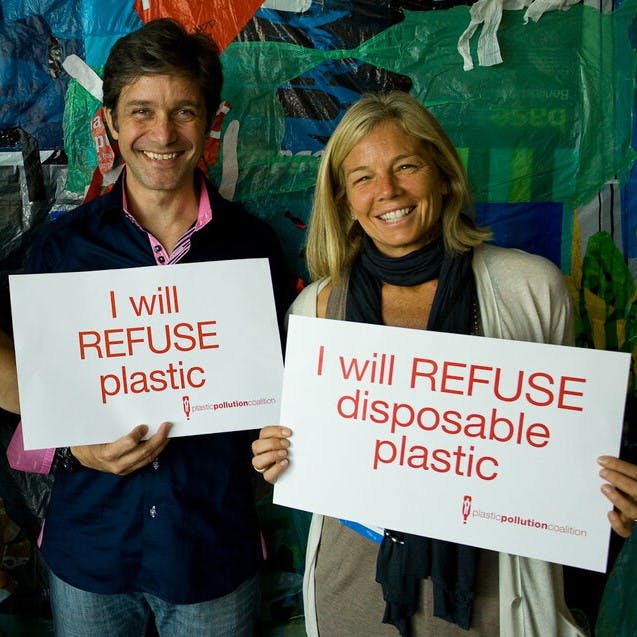
Educate yourself on wider issues
Where does the problem of marine litter originate from? It is from our maladaptive systems, which, of course, humans are entirely responsible for. We focused on growth, before we had the intelligence to deal with what we created, or consider what was at the end of life of many new materials. Yet, rather than focus on blame, we need to get to the bottom of our ocean of plastic so that we can galvanise action on many different fronts and in many different ways. Building environmental resilience against our plastic addiction is just one step closer towards turning the tide on plastic. Innovation is the key to creatively devising intervention, along with investment in them. Check out The Ocean Cleanup to see how a visionary youth and cutting edge technology is on our side in the race to clean up our plastic mess.
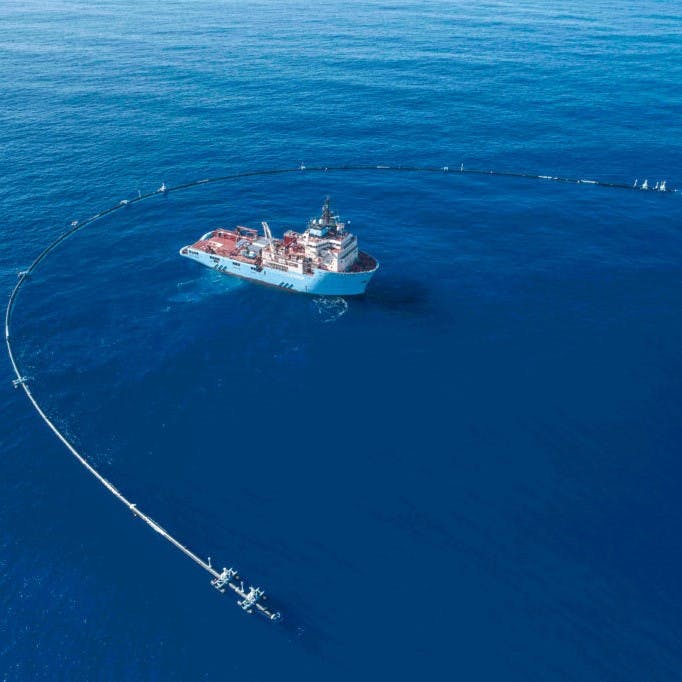
Zoom in on personal changes you can make
A mindset shift is all it takes to start caring for our beaches and removing marine litter that, the UN reports kills 1 million sea birds and 100,000 marine mammals every year. It’s encouraging to see how many people taking into account this global epidemic. It turns out, the UK is leading the way by building international awareness; in 2016 the International Marine Litter Research Unit at Plymouth University submitted evidence to the UK Parliament on the impacts on micro plastics.
Know, that there are many people working behind the scenes on this issue, but your habits and actions DO make an impact. Tackling marine pollution means not only cleaning beaches but adjusting lifestyle choices to RELINQUISH the plastic which ends up there… essentially evolving from stakeholders to custodians of our precious coastal habitats.
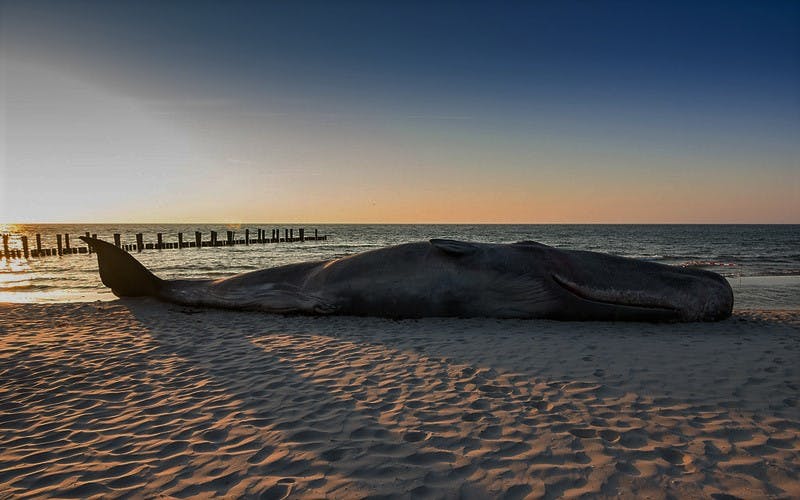
Sources & further reading

- “International Marine Litter Research Unit: “Furthering our understanding of litter on the environment and defining solutions"” - University of Plymouth
- “Plastics in the Marine Environment” - Eunomia
 Pick up litter every time you visit the beach
Pick up litter every time you visit the beach